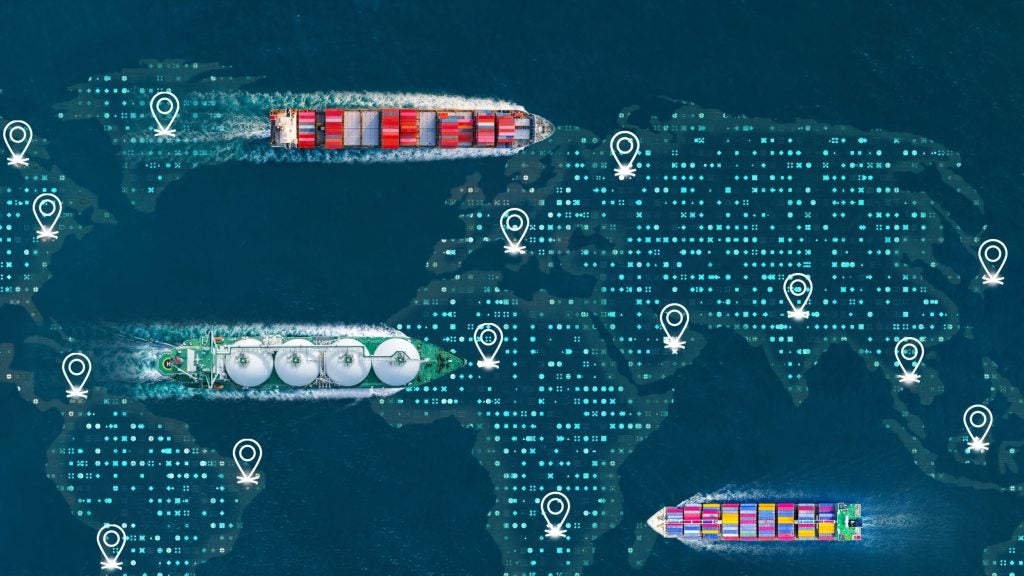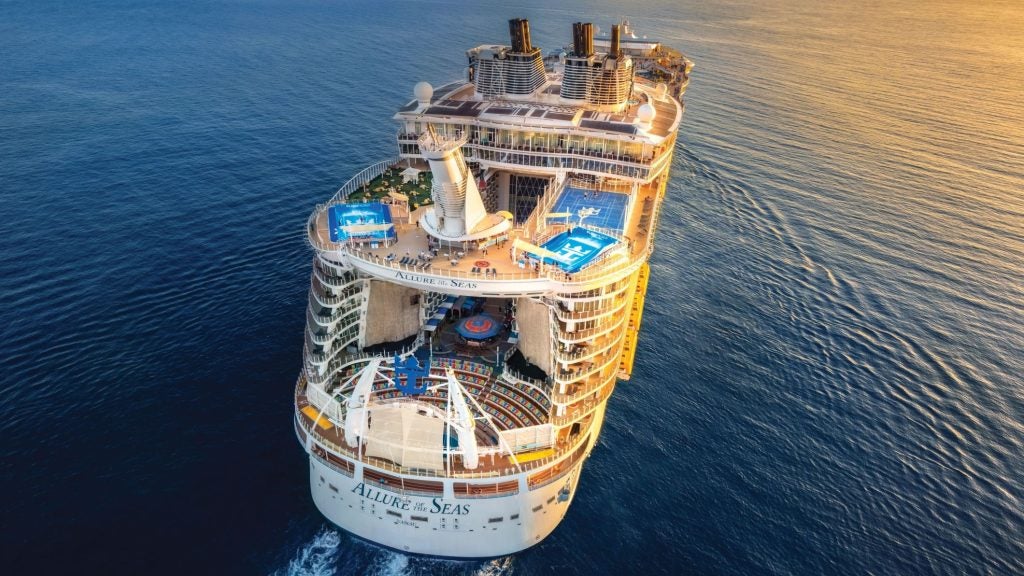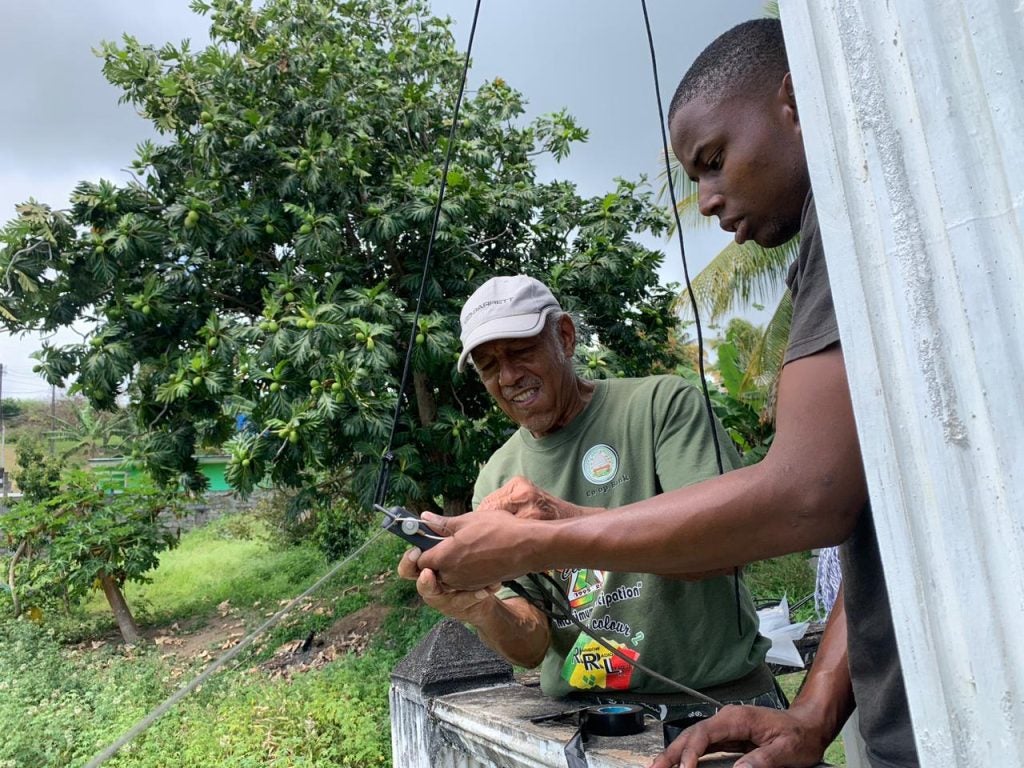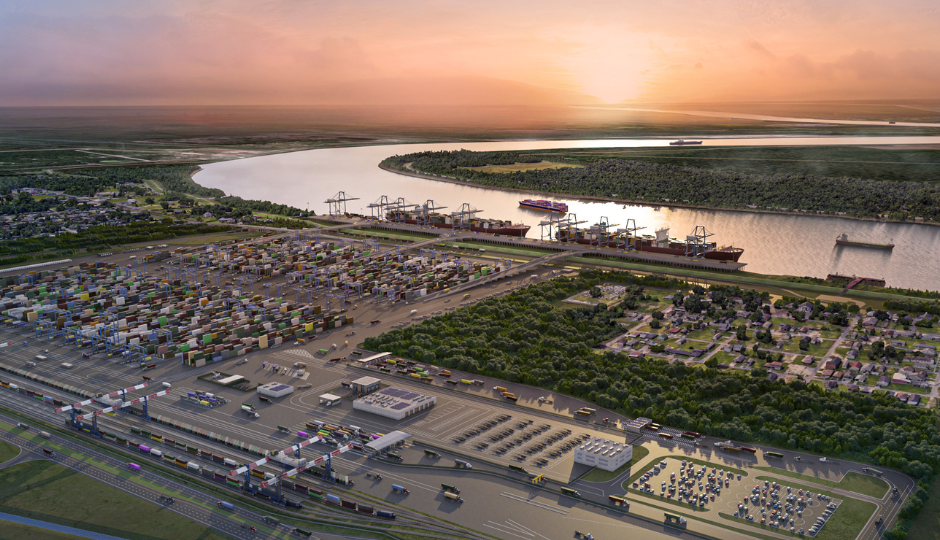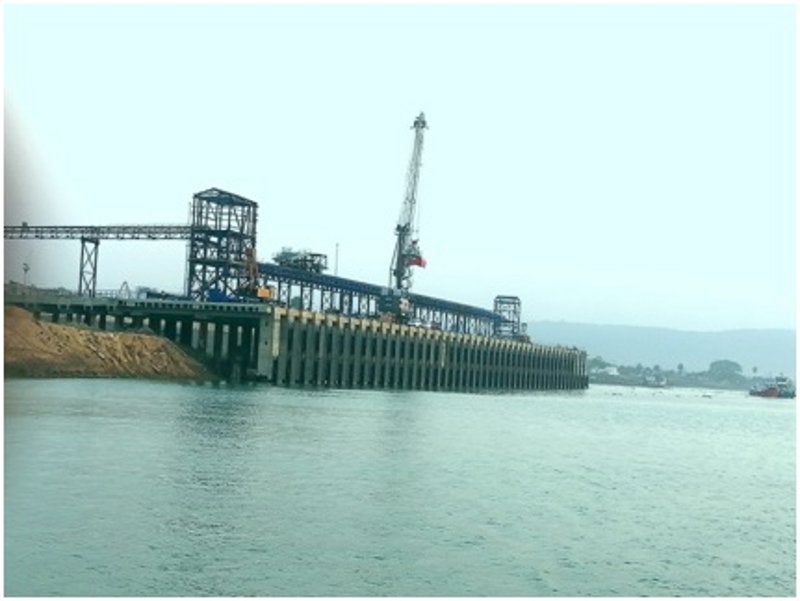
The Government of India will launch its second multi-modal terminal (MMT) on river Ganga at Sahibganj, Jharkhand, India, on 12 September.
Prime Minister Narendra Modi laid the foundation stone of the Rs2.9bn ($40.32m) project in April 2017.
The terminal’s construction was completed in just over two years. Inland Waterways Authority of India (IWAI) is the project implementing agency.
Modi will inaugurate phase one of the terminal via a two-way digital communication system during an event in Ranchi, Jharkhand.
The project is part of the Jal Marg Vikas Project (JMVP) and is the second of the three projects on river Ganga.
The terminal will create a waterways route for Indo-Nepal cargo transport.
How well do you really know your competitors?
Access the most comprehensive Company Profiles on the market, powered by GlobalData. Save hours of research. Gain competitive edge.

Thank you!
Your download email will arrive shortly
Not ready to buy yet? Download a free sample
We are confident about the unique quality of our Company Profiles. However, we want you to make the most beneficial decision for your business, so we offer a free sample that you can download by submitting the below form
By GlobalDataLocal mines in Rajmahal area will also benefit from the terminal, as it will help to transport domestic coal to several thermal power plants located along National Waterway-1.
The terminal will also support the transportation of other commodities such as stone chips, fertilisers, cement and sugar.
The multi-modal terminal is expected to generate approximately 600 direct jobs and 3,000 indirect jobs in the region.
An investment of Rs3.76bn ($52m) will help to expand the terminal’s capacity under a public-private partnership mode.
The terminal’s capacity will increase from three to 5.4 million tonnes a year during phase two of the project.
The private concessionaire will be responsible for the phase two development.



